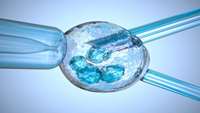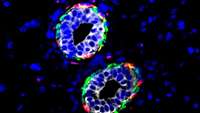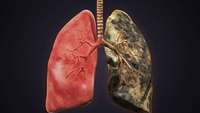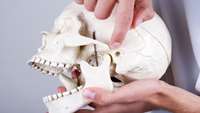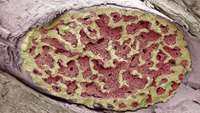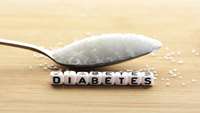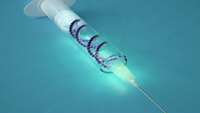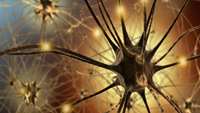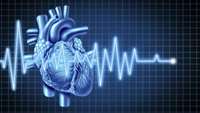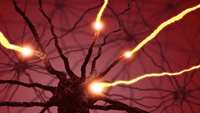Novel information about the effects of in vitro fertilization on embryonic growth
It is known that in vitro fertilization (IVF) can affect the size of the newborns. Children derived from fresh embryo transfer have smaller birth weight, and surprisingly, children derived from frozen embryo transfer have subtly higher birth weight in average.
Immune cell provides cradle for mammary stem cells
A new study finds that one of the toughest characters in the immune system, the macrophage, has a nurturing side, at least when it comes to guarding the developing breast.
Stem cell therapy drug may protect against smoke-related COPD symptoms
A drug used in stem cell therapy to treat certain cancers may also protect against cigarette smoke-induced lung injury. The study, published ahead of print in the American Journal of Physiology—Lung Cellular and Molecular Physiology, was chosen as an APSselect article for July.
Breakthrough treatment for crippling jaw disease created
A first-ever tissue implant to safely treat a common jaw defect, known as temporomandibular joint dysfunction, has been successfully tested by UCI-led researchers in a large animal model, according to new findings.
Researchers discover gene that controls bone-to-fat ratio in bone marrow
In an unexpected discovery, UCLA researchers have found that a gene previously known to control human metabolism also controls the equilibrium of bone and fat in bone marrow as well as how an adult stem cell expresses its final cell type.
STEM CELL TREATMENT MAY REVERSE TYPE 1 DIABETES
Inability to control autoimmunity is the primary barrier to developing a cure for type 1 diabetes (T1D). Evidence that human cord blood-derived multipotent stem cells (CB-SCs) can control autoimmune responses by altering regulatory T cells (Tregs) and human islet beta cell-specific T cell clones offers promise for a new approach to overcome the autoimmunity underlying T1D.
Gene therapy restores hand function after spinal cord injury in rats
Researchers at Kings College London have shown that rats with spinal cord injuries can re-learn skilled hand movements after being treated with a gene therapy.
HKBU scholars invent medical device for safe growth of neural stem cells
A research team of Hong Kong Baptist University (HKBU) has invented a medical device with a specific nanotechnology layer for the proliferation and differentiation of neural stem cells (NSCs) in vitro.
Diagnostics of genetic cardiac diseases using stem cell-derived cardiomyocytes
A new study by Professors Martti Juhola and Katriina Aalto-Setälä of the University of Tampere in Finland demonstrates that with the use of artificial intelligence and machine learning, it is possible not only to accurately sort sick cardiac cell cultures from healthy ones, but also to differentiate between genetic cardiac diseases.
New technique helps uncover changes in ALS neurons
Northwestern Medicine scientists have discovered that some neurons affected by amyotrophic lateral sclerosis (ALS) display hypo-excitability, using a new method to measure electrical activity in cells, according to a study published in Stem Cell Reports.


